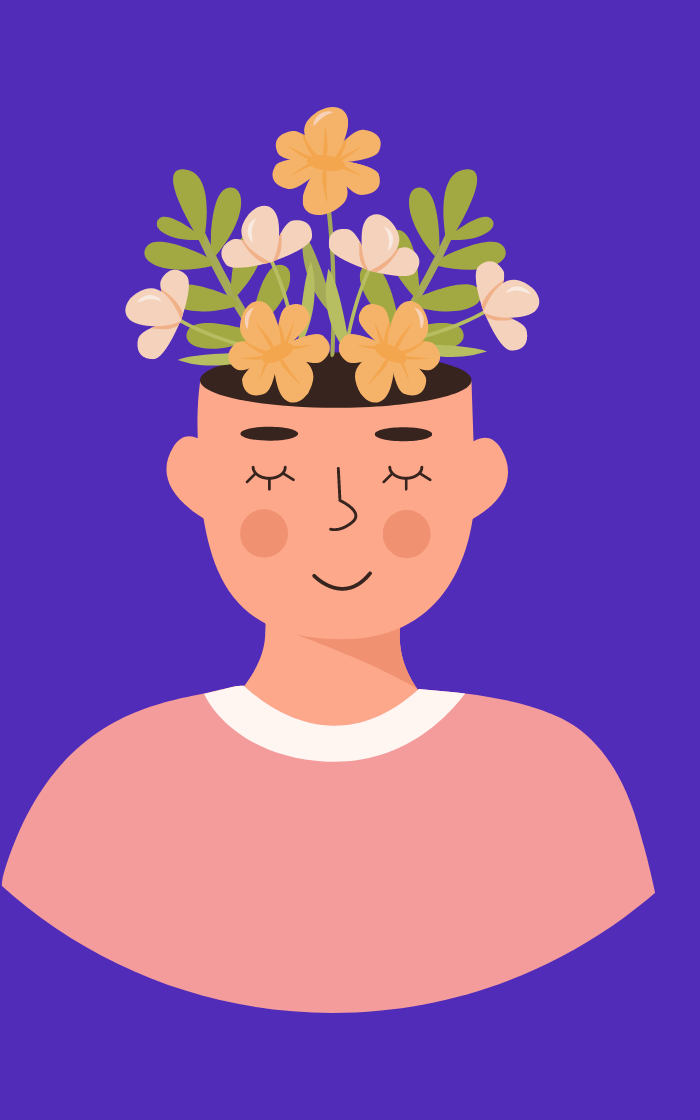10 emotional regulation skills for a healthier mind

Parent Post
Emotional regulation skills help
Emotional regulation skills help us to effectively manage and change the way we feel and cope with situations.
Emotions, thoughts and what we do or feel the urge to do (behaviors) are all linked; and if not managed well can lead us down a path of self-sabotage and self-destruction.
Seek excellence, not perfectionPerfectionism
Seek excellence, not perfection
Perfectionism isn’t about growth, improvement, or personal achievement, it’s about fear and avoidance.
Focus on realizing excellence, the best version of yourself despite your flaws.
Applying your power of
Applying your power of choice
Using your power of choice is a self-regulation skill that empowers you to work with the disruptions and challenges that you face in your life.
You’ll have clarity, focus and a purpose; and these elements all come together to build your resilience to deal with adversity and the tough times in life.
The power of choice enables you to greatly influence how you choose to feel and thus, respond.
Find ways for you
Find ways for you to let go of painful emotions and your regrets
Unless you let go, unless you forgive yourself, unless you forgive the situation, unless you realize that the situation is over, you cannot move forward.
Learning how to let go is probably one of the hardest emotional regulation skills to learn.
When you accept that you are suffering, you stop running from the difficult emotions and turn to face them with strength and courage.
STOPP – a technique
STOPP – a technique designed by Carol Vivyan to manage your emotions
If you are struggling to get your emotions under control, this technique is a great process to follow to manage your emotions more effectively:
- S – Stop
- T – Take A Breath
- O – Observe – your thoughts and feelings
- P – Pull Back – put in some perspective – what is the bigger picture?
- P – Practice What Works – Proceed – what is the best thing to do right now?
Learn how to accept
Learn how to accept your vulnerability
- Vulnerability takes courage – When you are vulnerable, you are truly standing in your power and you know who you truly are and you are not afraid.
- Don’t bottle up your emotions – Become more self-aware. Explore your emotions, ask questions to get in touch with how you are feeling and thinking in a given moment.
Become better at managing
Become better at managing your negative feelings because they never go away
Negative feelings like fear and criticism will always be a part of our life.
The best course of action you can take is to face your fears and move forward. The more you stand up to these negative forces, the more you’ll flex your courage.
Take care of your
Take care of your body
Consistent physical activity, eating well and getting lots of sleep are critical to having a resilient and well-balanced life.
Work on having positive relationships in your life
The more positive and healthier your relationships are, the more resilient and optimistic you will feel about your life.
Find ways to have
Find ways to have fun
When fun gets deep enough, it can heal the world. In all of living, have much fun and laughter. Life is to be enjoyed, not just endured.
Practice mindfulness
Mindfulness practices can help you to increase your ability to regulate emotions, decrease stress, anxiety and depression.
It can also help you to focus our attention, as well as to observe our thoughts and feelings without judgment.

